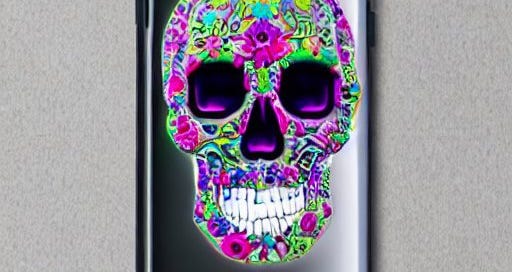(image made with Stable Diffusion)
Social media is no stranger to AI: witness the effectiveness of the algorithms that customize each person’s feed to maximize engagement. We interact more (and see more ads) when we’re angry, so the algorithms have caused massive division and demonization in their dumb drive for “stickiness.”
So goes the familiar story, and I don’t see much reason to doubt it. From Trumpers on the right to the smart set populating my Facebook feed, the disdain for the Other is total. Most people live in an echo chamber. Nuance is unpopular and if you don’t choose a team… you’re a bit dodgy, tbh.
As I remarked in my post on the music industry, I’m scrambling to understand the likely impacts of AI in the world we will inhabit in the very near and very strange future. AI will change social media profoundly, only accelerating the attendant wave of social ills: mistrust in institutions, division, isolation, and even mental illness.
The social psychologist Jonathan Haidt (The Coddling of the American Mind) and former Google CEO Eric Schmidt have listed their concerns and prescriptions in a piece in the Atlantic, and they summarized the article in a Substack post.
The list of concerns, taken from the latter, is as follows:
1) AI-enhanced social media will wash ever-larger torrents of garbage into our public conversation.
2) Personalized super-influencers will make it much easier for companies, criminals, and foreign agents to influence us to do their bidding via social media platforms.
3) AI will make social media much more addictive for children, thereby accelerating the ongoing teen mental illness epidemic.
4) AI will change social media in ways that strengthen authoritarian regimes (particularly China) and weaken liberal democracies, particularly polarized ones, such as the USA.
The thing that is so hard and yet so important to take on board is that we aren’t talking about science fiction or some distant dystopian future. If we aren’t living it already, we will be soon.




